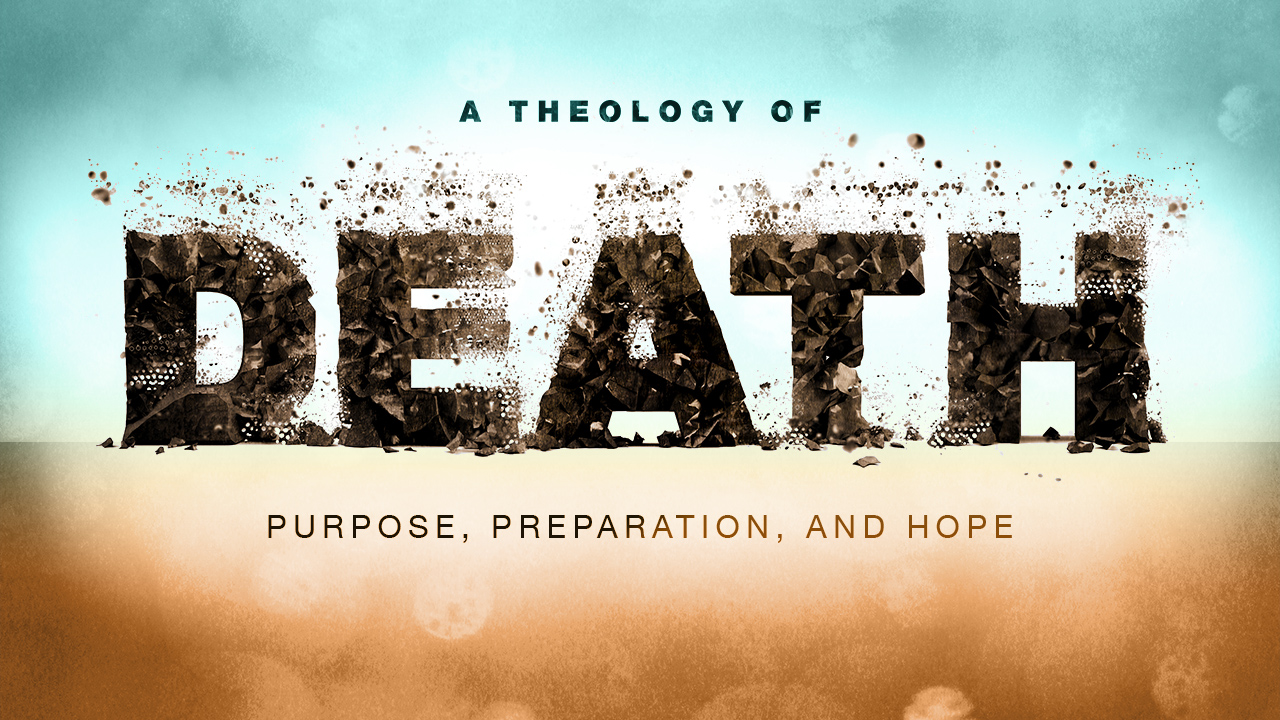
27 Jan Recap | Drawing Near: Aging & Suffering
In week three of our continuing series on A Theology of Death, Matt Williams taught through the often difficult reality that none of us are getting younger. How do the ideas of aging and suffering couple with our call as believers to grow in a relationship with God and those He has placed us in life with?
In the closing scene of John’s gospel, Jesus challenges his closest friends to embrace the truth that aging brings a loss of autonomy. All Jesus asks of us is to follow Him. There is work for aging people to do. The Christian life is not a vocation or something to retire from. (Job 12:12, Psalm 71:18)
The ideas of aging, suffering, and dying are a work in and of themselves; something that God has called us to embrace. With the decay inherited in Genesis 1 comes the spiritual work of aging, maturing, and influencing the world around us. Our brokenness is meant to awaken our souls; a physical reminder of our damaged spiritual condition. What follows is a realization that any hope and peace we can long for has to be rooted elsewhere.
Paul talks about his personal struggles with the reality of death in 2 Corinthians 1:8-10. Ultimately there are two ways to get through life: relying on our ourselves or on God and His resources. Suffering is used as a tool of shaping, one that creates a new type of abandonment and trust. These concepts are often distant and thus easy to talk about, but they prove difficult to put into practice. When push comes to shove, we will prove through our actions that we believe (blank) is better than Jesus. Even the best things, however, are only meant to be and capable of temporal joy. Aging, suffering, and dying soften our grip on life and allow us to shift our hope. This shift to an ultimate hope is designed to become easier as an elderly person whose sense of life’s fleeting nature is far keener than a young person.
In verse 10 Paul hits the high note. Aging removes our independence, allowing us to embrace a confidence in the God of rescue. God has given His children life, both physically and spiritually, and his glorious rescue mission is not over. This is why Romans says that all creation groans for a future glory. Our pain now is a gracious reminder that our strength can’t be our own. Our hope can’t be in the here and now. Our dependence is in a God full of grace and faithfulness.
Here are a few big ideas to walk away with:
1. God has work for us as we age. Getting older IS the work. Our limitations allows us to learn in a way that we couldn’t if we thought we didn’t need God. (2 Corinthians 4:16-18.)
2. Embracing death allows us to release the idol of control.
3. We have a responsibility to teach and prepare our friends and family.
4. The issue of assisted suicide is brought in to a new light. Political stances aside, John 21 is clear that life and death are not our own. If we are believers, God has given us life TWICE. It is not or decision to choose when that life ends. We don’t have as much autonomy as we might think.
5. Aging is dying, like any other spiritual discipline, is designed to be done in community.
6. We should give honor to those who are aging. Those who are suffering carry a weight in ways that we never have. They can bring a perspective that a younger person who is wrapped up in life can’t have. Aging is the greatest teacher of the groaning and the glory.
-Nate Emery


